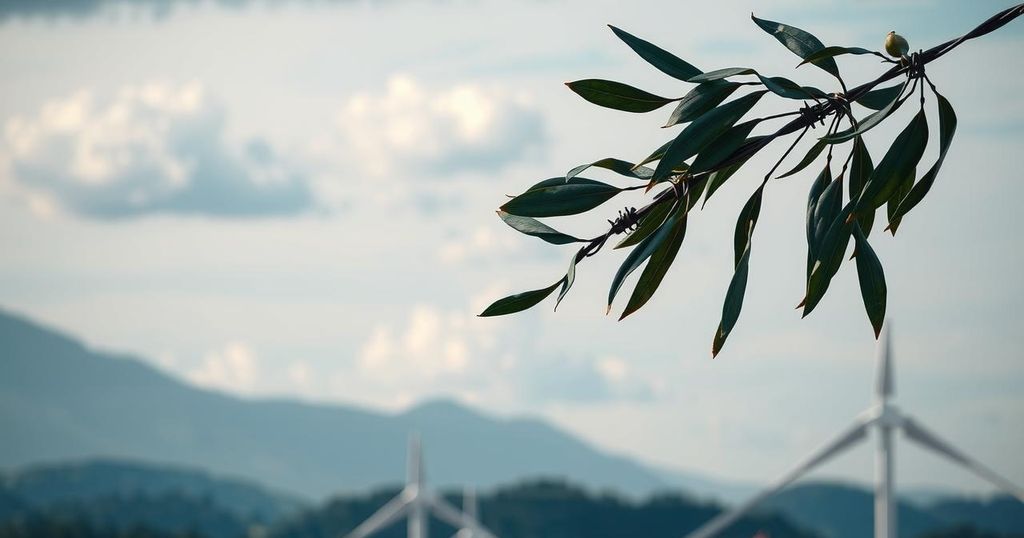DRC President Tshisekedi announced a strong military response to the advancing M23 rebels supported by Rwanda, as they seized Goma, the capital of North Kivu. He criticized the international community for their inaction and called for an immediate coordinated response. Meanwhile, regional organizations are urging direct engagement to address the conflict, with SADC planning a summit to discuss the escalating situation.
President Felix Tshisekedi of the Democratic Republic of the Congo (DRC) has pledged a strong military response against Rwandan-backed M23 rebels as they intensify their offensive in the eastern part of the country. The M23 group has captured significant territory, including much of Goma, North Kivu’s capital, marking a serious escalation in a prolonged conflict that has ravaged the region for years.
The DRC remains beset by numerous armed factions and violence stemming from both internal divisions and external influences. President Tshisekedi criticized the global community for its lack of action and attention to the deteriorating security situation, describing it as insulting amid escalating tensions in the Great Lakes region. In a late-night address, he underscored the urgency for a unified military response against what he termed “terrorists and their sponsors.”
Despite this, Tshisekedi opted to forego crisis discussions with Rwandan President Paul Kagame while asserting the need for peace. Regional organizations have convened emergency meetings urging diplomacy but facing resistance from Kagame, who indicated that Rwanda cannot mediate effectively. The situation worsened as thirteen South African troops were killed during recent confrontations while deployed under a UN peacekeeping initiative.
The Southern African Development Community (SADC) is also set to convene a special summit regarding the crisis, emphasizing collaborative efforts for peace. Angola has proposed immediate dialogue between Congolese and Rwandan leaders to mitigate the conflict and slow the escalating violence in the region.
The ongoing conflict in the Democratic Republic of the Congo, particularly in the eastern provinces like North Kivu, stems from a legacy of armed group activity and foreign interference spanning three decades. M23, or the March 23 Movement, represents one of several factions vying for control, exploiting the region’s vast natural resources amidst a backdrop of political instability and humanitarian crises. The international community’s inaction has led local leaders to seek immediate military and diplomatic solutions, highlighting the urgent need for resolution.
In summary, President Tshisekedi’s commitment to a robust military response against M23 rebels underscores the escalating crisis in eastern DRC. With international reactions currently perceived as inadequate, regional leaders are called to prioritize dialogue and negotiation to avert further violence. The situation requires urgent attention from both local and global powers in the pursuit of lasting peace and stability.
Original Source: www.aljazeera.com






